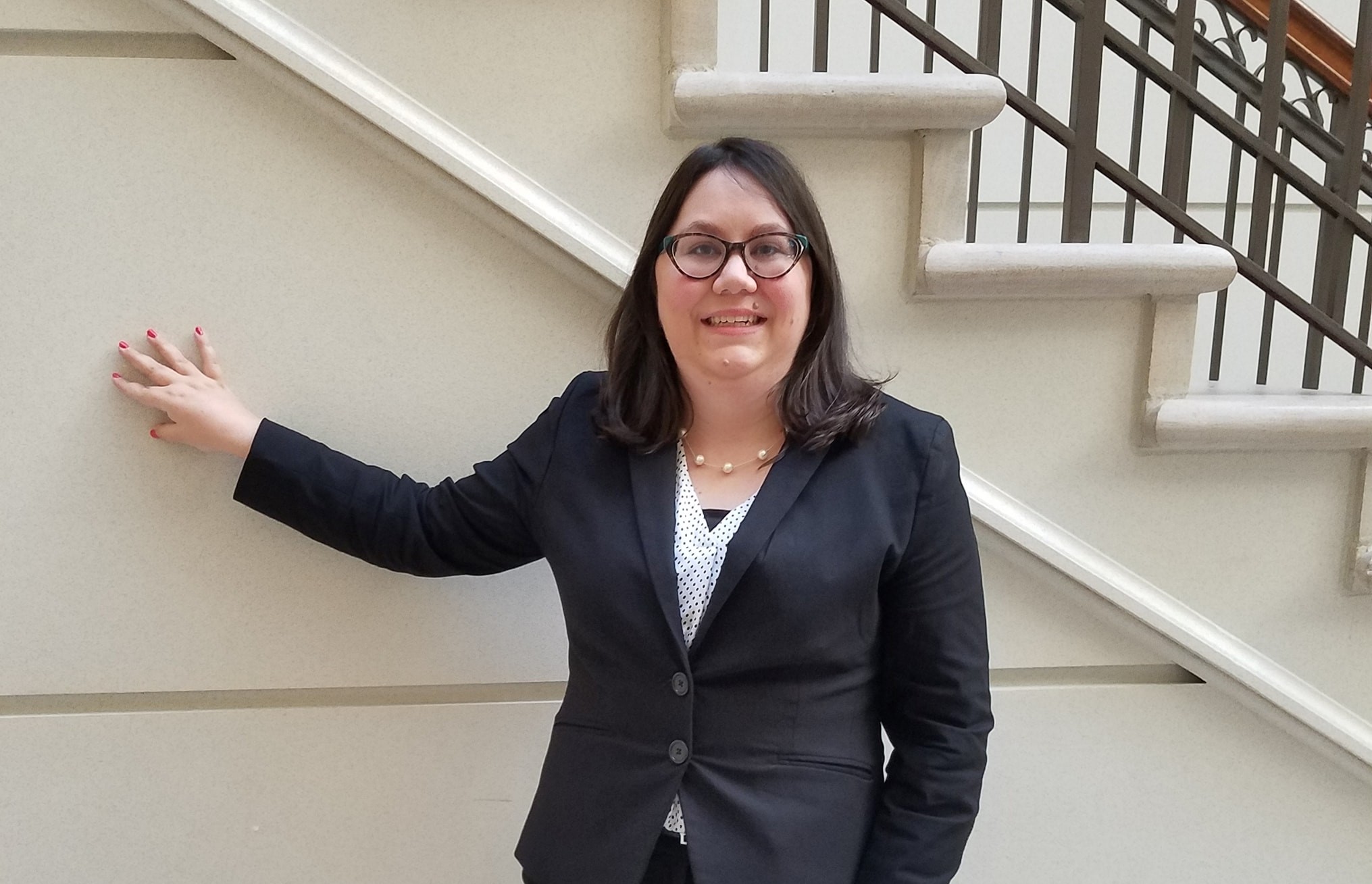Post by: Taylor Wise

My name is Taylor Wise and I am a 2L student here at Regent University School of Law. Last semester through the Center for Global Justice, I had the opportunity to work on a project for Shared Hope International and am excited to continue working for this same organization this semester on another project. Shared Hope International is an organization that works to combat human trafficking through the legislative process and raising awareness of human trafficking issues. This semester our research has been focused on protections for transition age youth, which are individuals between 18 and 24 years of age. The two types of protections for transition age youth that we are researching involve extending child welfare services past the age of 18.
Youth who are part of the foster care system are presented with unique challenges once they turn 18 and “age out” of the foster care system. In order to help these youth better transition into adulthood and meet these challenges, some states have adopted extended foster care programs that allow youth between the ages of 18 and 21 to remain in or re-enter foster care upon meeting certain requirements. Common requirements for extended foster care programs often focus on being involved in a college program or being employed in some way. The goal of setting these requirements appear to be removing barriers to employment and putting youth in the best position to be successful.
These types of programs are incredibly important because when a youth ages out of foster care unprepared they can run into great financial challenges, have lower rates of college and high school graduation, and are more at risk of being placed in human trafficking situations. Allowing for extended foster care allows for a greater opportunity to connect youth with families and help them to achieve permanency.
This post was written by a Center for Global Justice student staff member. The views expressed in this post do not necessarily reflect those of Regent University, Regent Law School, or the Center for Global Justice.

